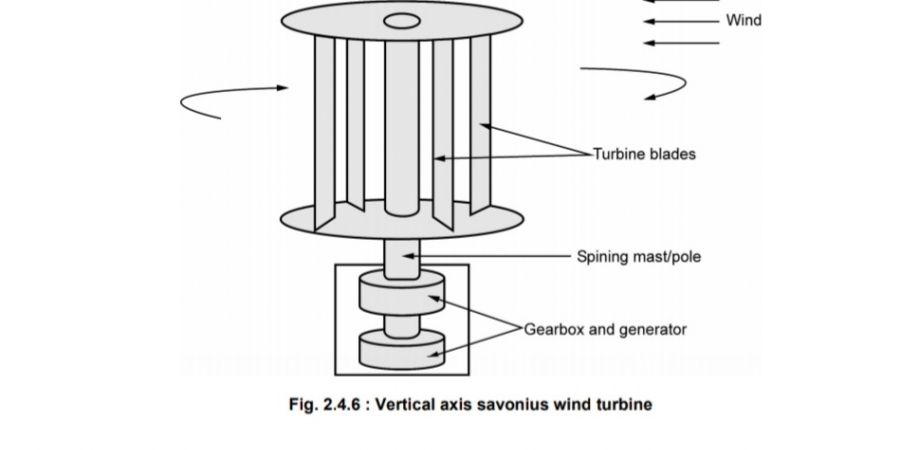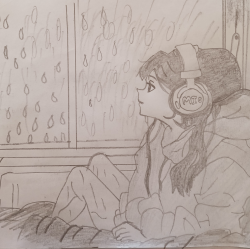

The Savonius wind turbine is a sort of vertical-axis wind turbine invented with the aid of using the
finnish marine engineer sigurd Savonius withinside the 1920`s. It is one of the handiest wind
turbine designs. It includes to three “scoops” that rent a drag movement to convert
wind power into torque to pressure a turbine. When checked out from above in cross-section, a
scoop Savonius turbine seems like an S-shape. Due to the curvature of the scoops, the
turbine encounters much less drag whilst transferring towards the wind than with it, and this causes
the spin in any wind no matter facing.
Drag kind wind generators along with the Savonius turbine are much less green the usage of the
wind`s power than lift-kind wind generators, which might be those normally utilized in wind
farms.
A Savonius is a drag kind turbine, they're normally utilized in instances of excessive reliability
in many stuff along with air flow and anemometers. Because they're a drag kind
turbine they're much less green than the not unusualplace HAWT. Savonius are superb in regions of
turbulent wind and self starting. The schematic diagram of savonius wind turbineAdvantages
1) Having a vertical axis, the Savonius turbine maintains to paintings successfully even if
the wind adjustments route.
2) Because the Savonius layout works properly even at low wind speeds, there`s no
want for a tower or different steeply-priced shape to preserve it in place, significantly reducing
the preliminary setup cost.
3) The tool is quiet, clean to build, and comparatively small.
4) Because the turbine is near the ground, preservation is clean.
Disadvantages
The scoop gadget used to seize the wind`s power is 1/2 of as green as a
traditional turbine, ensuing in much less electricity generation. Components of Wind Power Plant
The wind electricity plant incorporates one or greater wind turbine devices running electrically
in parallel. Each turbine is fabricated from the subsequent simple components :
1. Blades 2. Rotor 3. Pitch
4. Brake 5. Low velocity shaft 6. Gear box
7. Generator 8. Controller 9. Anemometer
10. Wind Vane 11. Nacelle 12. High velocity shaft
13. Yaw pressure 14. Yaw motor 15. Tower
Turbine Blades
The blade is the maximum unique and seen factor of a wind turbine. It is also
answerable for wearing out one of the maximum critical duties of the power conversion
process : Transforming the wind kinetic power into rotational mechanical power.
Blades have significantly advanced in aerodynamic layout and substances from the early
windmill blades fabricated from timber and cloth.
Modern blades are normally fabricated from aluminum, fiberglass, or carbon-fiber
composites that offer the essential strength-to-weight ratio, fatigue lifestyles, and stiffness
even as minimizing the weight.
The turbine rotors are aerodynamically unbalanced, that could reason mechanical
vibrations. Moreover, better rotational velocity imposes greater mechanical strain on the
blade, turbine shape, and different components, along with bearings and gearbox, main to
greater layout demanding situations and decrease lifestyles span.Operating at decrease rotational speeds calls for a better equipment ratio. The lagging wind
turbulence of 1 blade can have an effect on the alternative blades seeing that they're in the direction of every different.
Hence, the three-blade rotor gives the high-quality trade-off among mechanical strain,
acoustic noise, cost, and rotational velocity for huge wind generators.
.


